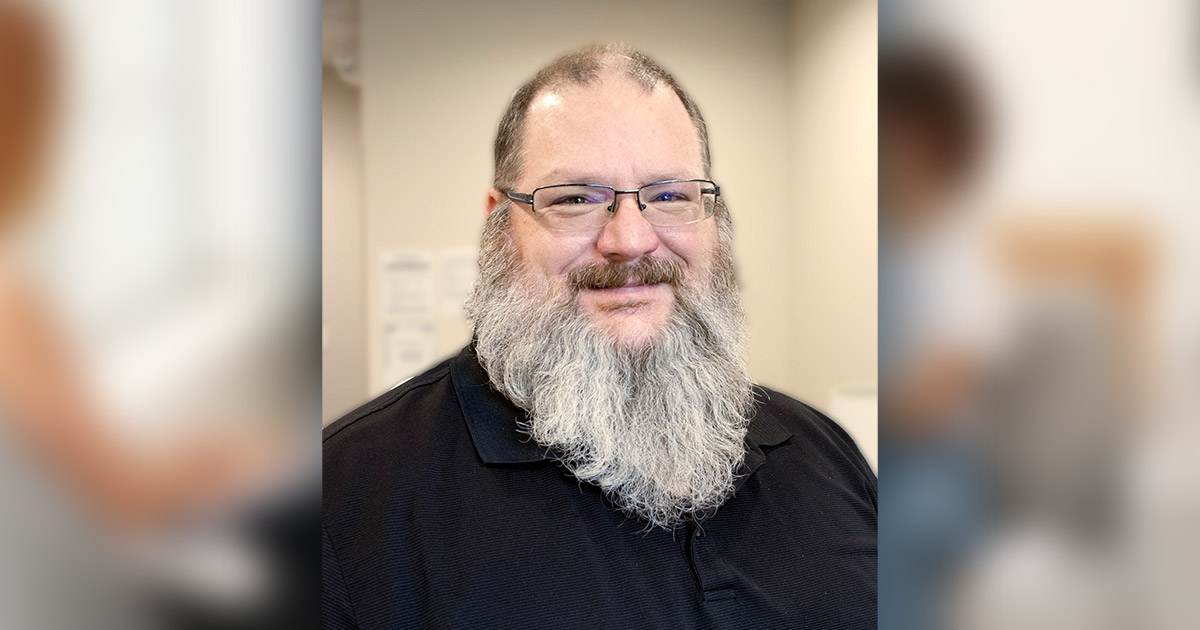According to new CDC data, in 2021, more than a third (37%) of high school students reported they experienced poor mental health during the COVID-19 pandemic, and 44% reported they persistently felt sad or hopeless during the past year.
Among the new data were also some new analyses of the severe challenges youth encountered during the pandemic, including that more than half (55%) reported they experienced emotional abuse by a parent or other adult in the home, including swearing at, insulting, or being putting down. Knowing that mental health among high schoolers was declining even before the pandemic, it's vital for parents to have conversations about mental health with their teens.
To learn more about how parents can engage in authentic and helpful dialogue with their children about mental health, in addition to warning signs to be on the lookout for, we caught up with James Sherrill, MSC/MHC, LPC, CAADC, Adolescent & Substance Use Disorder Counselor at Wedgwood Christian Services.
According to Sherrill, communication about mental health starts with being able to communicate about more simple topics like daily activities, sports, movies or music, and emphasizes that a healthy parent-child relationship begins as early as possible.
"Throughout a conversation, parents should reassure their children that we as parents are there to support and guide them," he said. "As they get older, the topics become more significant, such as mental health, substance use, physical health, sexual health, etc. With open and appropriate communications, we can share our experience to help them grow and develop their autonomy and ability to manage themselves."
Sherrill recognizes that dialogue on difficult topics such as mental health can be tricky. He brings up a pop culture parallel as an example of making the topic easier for younger people to digest.
"My family really enjoys all things that the Marvel Cinematic Universe releases. That entertainment company has been amazing in how they work realistic portrayals of mental health in their films and television projects," Sherrill said, expanding on characters and their individual mental health journeys. "Tony Stark (Iron Man) had PTSD; Peter Quill (Star-Lord) and Black Widow had traumatic grief; Hawkeye had feelings of great loss both for being absent from his family and the death of his friends; Thor presented depression and substance use disorders as a result of his guilt and loss; most recently, Marc Spector (Moon Knight) had major childhood trauma, loss and grief to the point that he developed Dissociative Identity Disorder to manage his emotions."
Talking with kids about these character portrayals, Sherrill explains, make the concepts easier to understand, while also enabling us to brainstorm healthy ways to cope and seek support. He shares that modeling healthy ways to cope with our own mental health is also incredibly important for children to see.
"This could be through distractions, healthy habits, or seeking our own support," Sherrill said. "Normalizing those appropriate reactions so that our children see what we do and the benefits we reap from those goes a long way with kids."
It's not uncommon to wonder what preventative measures a parent could take regarding their teen's mental health.

"Developing a healthy relationship and an attitude of open communication and support with kids is the biggest preventative measure we as parents can adopt," Sherrill said. "Being present with them as they grow, experience life, and develop into adults has a very significant impact on them beginning from birth."
However, some parents may not be sure what to be on the lookout for regarding poor mental health in their teens. Young people, Sherrill explains, often present mental health concerns as other things.
"We might think they're moody or irritable, but that can be depression and anxiety manifesting in them," he said. "If their attitudes change about things, especially if they stop wanting to do things they used to enjoy, that can mean depression. Avoidance, isolating themselves, falling grades, increasing trouble at school or home, can all be indicators of a larger problem."
If you see what you fear are warning signs of symptoms of mental health concerns in your children, Sherrill says having a conversation is the first step.
"Try taking a drive, going out for ice cream or taking a walk together—all can be less threatening locations for tough conversations compared to the dinner table," he said. "If the next step is needed and your child needs more help and support, schools all have counselors and can connect you with local resources for therapy. The family doctor can review and evaluate the need for medications to support your teen's mental health. Local agencies like network180 and Wedgwood Christian Services all have highly trained and qualified mental health professionals ready to help."
Sherrill also suggests searching for counselors in the area.
"It can take time to find the right one for your child, one that they really connect with, but by sticking with and supporting them, showing you care can help ease that process," he said, adding that it's never a bad idea for parents to educate themselves.
"Knowing what mental health looks and feels like in ourselves can help us to better recognize potential problems in our children. Maybe that means getting our own support, tapping our own resources, perhaps even seeing our own counselor."
When it comes to additional resources for getting help and seeking education, Sherrill recommends Wedgwood, The National Institute of Mental Health, and the Psychology Today Therapist Pages.
"No matter what resources are out there, you as mom, dad, grandparent, step-parent, or loving family member, are the first and best resource a child has," Sherrill said. "The more you are with and support them, the better chance they have at improved mental health throughout their entire life!"
For more information visit wedgwood.org. Connect with an Intake Coordinator by calling 616.942.7294 or emailing [email protected].
Written by Sarah Suydam, Managing Editor for West Michigan Woman.
Photo courtesy of Wedgwood Christian Services.




